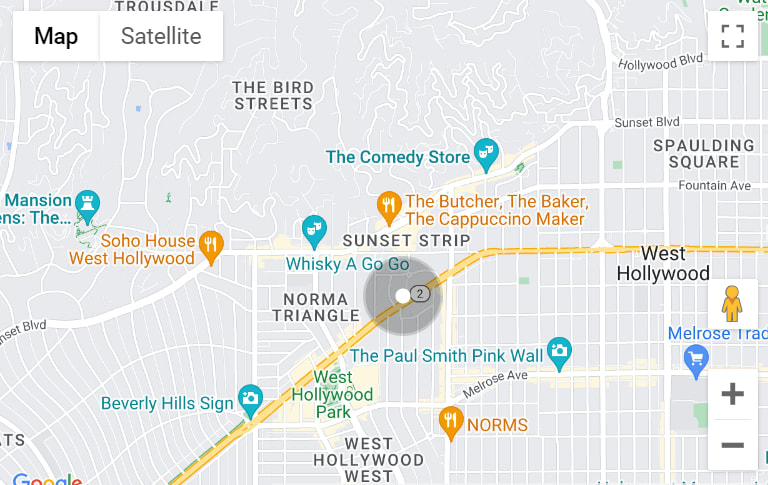
-
Compass
33522 Niguel Road Suite 200
Dana Point, CA 92629
CA DRE# 01955051 -
Susan Chase
The mortgage lending process can be ripe with confusing terms and mountains of paperwork, even for more experienced borrowers. To help make this process more transparent, we asked our trusted lender, Brad Zahra from JPMorgan Chase, to provide some additional tips for after you buy. Brad has also included recommendations for more advanced clients and new investors.
This really depends on the client's goals, as well as [the current] interest rates. Right now, buyers are paying about 2.8-3.5% on their interest rates. Paying off a mortgage doesn't necessarily mean it is the best thing for you to do, but if your income is limited and the mortgage payment constitutes most of your income, it would be the right thing to do to reduce that liability more quickly, so you have more flexibility in your monthly income. This all depends on a client's goals, financial situation, age, etc., and should be considered on a case-by-case basis. [Remember that] a mortgage loan is referred to as "healthy leverage." It's typically not a depreciating asset and is considered an investment.
A jumbo loan [or jumbo mortgage] is a loan serviced by big banks or lenders and is uninsured. With a jumbo loan, the loan amount is higher than the conforming loan limit set by the Federal Housing Authority. Conventional loans conform to a max loan limit, determined by area, and can change depending on pricing. The HUD and the FHA usually insure conventional products and not jumbo loans. Insured loan products give lenders more peace of mind to be able to lend to individuals and encourage home buying. Loan limits will vary from one place to another.
Qualifying for a jumbo product is going to be much more difficult than qualifying for a conventional loan. The minimum down payment for a jumbo loan is going to be anywhere between 20-30%. In some cases, lenders may approve a loan with a 10% down payment, but that borrower's debt-to-income ratio can't be higher than 34%. Generally, to qualify for a jumbo loan, your downpayment will be higher, your debt-to-income ratio needs to be lower, and you need to have 16-18 months' worth of reserves (extra funds in either retirement, brokerage, or savings accounts) for the payment.
A bridge loan essentially "bridges the gap" between the purchase of a new property and the sale of an existing property. This short-term lending option allows borrowers more flexibility when looking to borrow money to cover costs associated with purchasing a new home. With a bridge loan, buyers take out a loan against their current home to place a downpayment on a new property. Bridge loans often include a higher interest rate, so they are an excellent option for someone planning to sell their home quickly. Once the sale of their home is complete, borrowers can use the profits from the sale to pay off their remaining mortgage, as well as the downpayment for their new home. A bridge loan can be a great option if:
Considering a Bridge Loan? Check out Compass's Bridge Loan Service
The first product I would recommend would be a 7-10 year interest-only Adjustable-Rate Mortgage. [With this product, when] purchasing property worth over 1M, borrowers can pay for just the interest on it every month, rather than both the principal and interest, which reduces a buyer's monthly liability. In markets where properties appreciate much faster, buyers can use this to compensate for the principal they make. If they sell the property within 5-10 years, the buyer is still making a lot of money without losing a lot of capital. This is a great option for individuals who want to reserve their cash flow while maintaining the ability to sustain properties, usually $2-15 million.
Another strategy worth considering is the monopoly strategy. This begins with an individual purchasing their primary residence. A year later, they then buy an investment property. The following year, they buy another investment property but utilize the income from the first investment property to qualify for financing for a new property. The investor then repeats this process for a fourth property. Once the investor reaches the fourth property, they can sell all the investment properties and invest in a much larger property to expand their real estate portfolio, or continue to fund additional properties using the income from their other existing properties.
There isn't any conventional route someone can take to obtain a mortgage loan based on cryptocurrency. However, there are crypto banks that could accept it, and they are working on expanding products to crypto-investors.